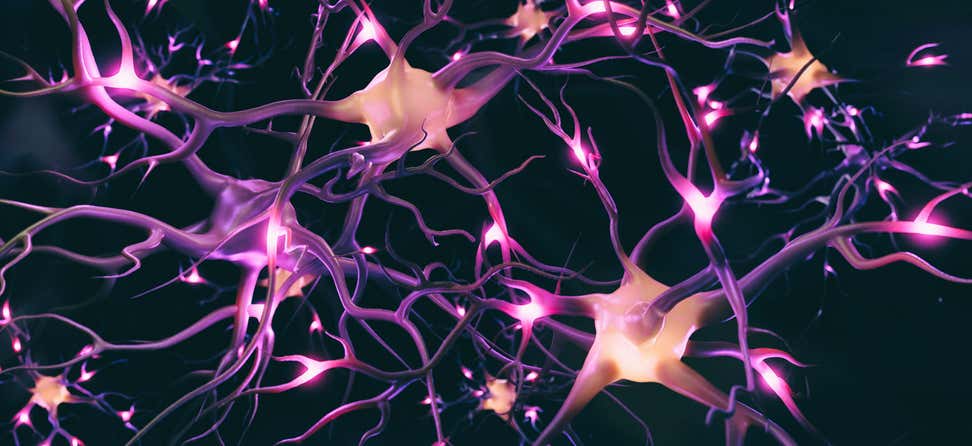Researchers at the University of Colorado Anschutz Medical Campus discovered that an ancient human foraging drive, powered by fructose synthesis in the brain, may contain insights into the genesis and potential therapy of Alzheimer’s disease (AD). The study, published in the American Journal of Clinical Nutrition, provides a novel perspective on a condition characterised by aberrant protein accumulations in the brain that gradually destroy memory and cognition. According to the researchers, Alzheimer’s disease is a dangerous adaptation of an evolutionary survival strategy employed by animals and human distant ancestors during times of shortage. They discovered that fructose lowers blood flow to the cerebral cortex, which is involved in self-control, as well as the hippocampus and thalamus, while increasing blood flow around the visual cortex, which is connected with food reward. This promotes the foraging response, which is only effective if metabolism in specific areas of the brain is suppressed. Dean R. Tolan, Dale Bredesen, Laura G. Sanchez-Lozada, Mehdi Fini, Scott Burtis, Miguel A. Lanaspa, and David Pearlmutter discovered that chronic and persistent reductions in cerebral metabolism caused by recurrent fructose metabolism result in progressive brain atrophy and neuron loss with all of the characteristics of Alzheimer’s disease.


